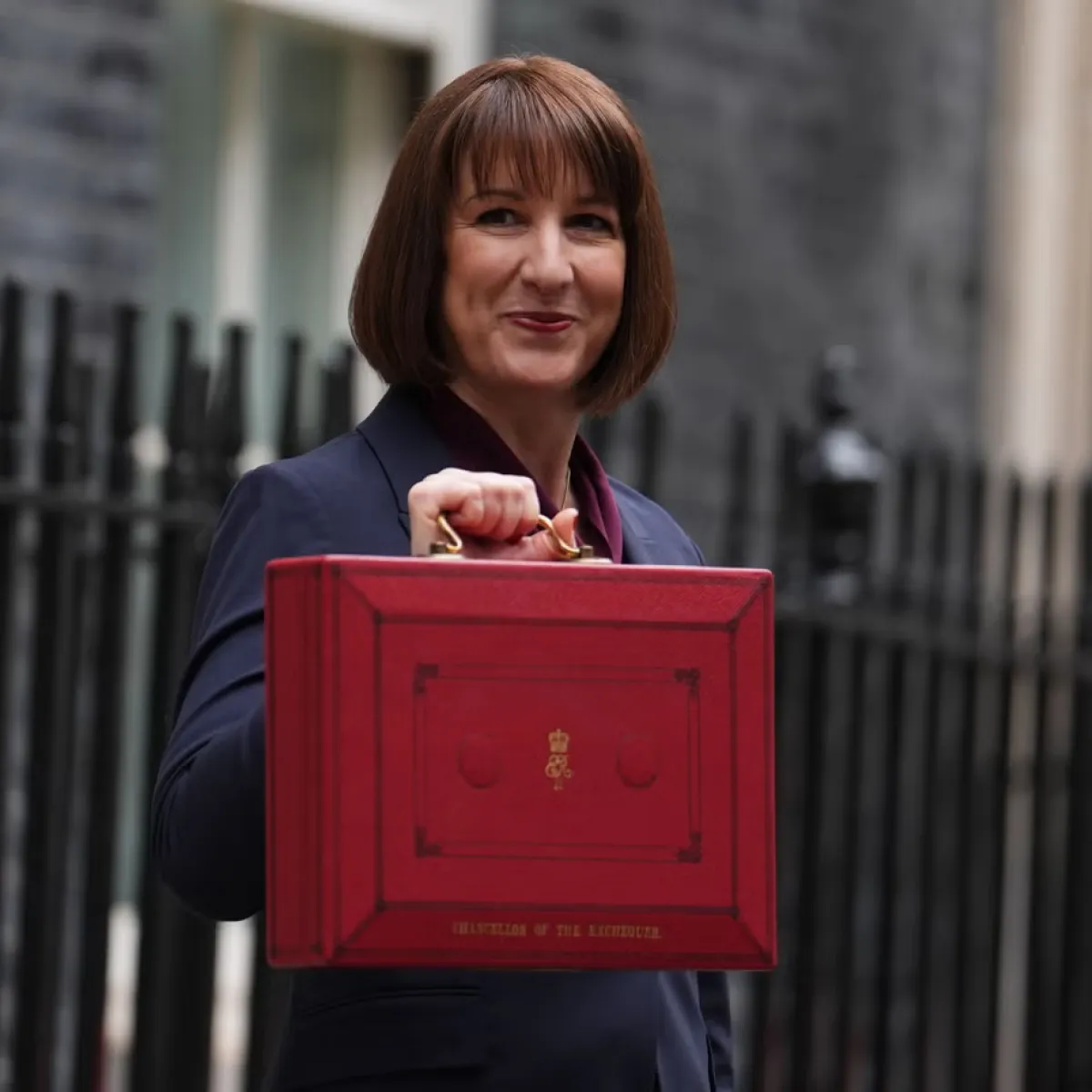This website uses cookies. Learn more
The UK asset management industry manages over a third of all assets in Europe, with the bulk of those assets being domiciled in Luxembourg and Dublin.
Therefore, whilst the inner workings of the asset management industry may not be at the forefront of discussions over a trade agreement between the UK and EU, the implications of a deal or no deal are very substantial. With deadlines being first reset to Sunday December 13 and now lifted, the mood among deal-watchers has become increasingly downbeat.
Watch on-demand recording for ‘No Deal for asset management?’ event, hosted by Lansons and Royds Withy King, December 10.
**
On Thursday morning December 10, Lansons and Royds Withy King jointly hosted a webinar on this topic. In considering the consequences for the investment sector, one of the panellists, Claus Anderson of Royds Withy King, identified the psychological impact of not reaching a deal – or Free Trade Agreement (FTA) – could be quite significant, especially if the stumbling block is the ‘level playing field’.
“In that instance, the EU and UK have then recognised that they will develop different rules further down the line. In turn, that could have an impact on, for instance, decisions in relation to data protection and equivalence in relation to financial services. Hence, a regulatory cleft might actually develop between the EU and UK, which could pose problems for the asset management industry.
If an agreement is reached and the mechanisms developed to work together, that’s a really good basis to negotiate future agreements on financial services. The actual deal that is on the table right now does not directly impact the asset management industry, but it will indirectly be quite significant in the coming years.”
Invesco’s Elizabeth Gillam identified three different layers of how the asset management industry is both directly and indirectly effected. The first is a macro layer, where the economic impact of no deal has direct macro-economic consequences on certain sectors, and therefore on the investments held by asset managers. Then there is the financial services layer. Whilst not part of the deal, the FTA creates the framework for co-operation and alignment on key issues, particularly non-tariff issues.
“I would expect that there’s already very close cooperation going on at a technical level that that would continue. Regarding equivalence, we could see, potentially, ramifications if there were frivolous decisions. While equivalence isn’t directly tangible to the asset management sector it does affect the wider ecosystem for the financial services sector, particularly how asset managers can access the wholesale markets in London. Finally, there’s delegation which is also reliant on memorandums of understanding between EU and UK regulators.
These are already in place but I think that this is the area where divergence also plays a role. The UK very clearly signalling its intent to diverge might impact the way that the EU seems to look at delegations, and to what extent it is happy with significant delegation from the EU into the UK.”
The issue of a regulatory divergence is a concern for many, although Elizabeth Gillam pointed out that as the UK is a member of the G20, the Financial Stability Board, Basel II, and ISOCO, this will limit the extent to which we can radically move away from international standards.
“If we look at sustainable finance, which is an area that I work on a lot, the UK government is looking to match what the EU is doing in terms of taxonomy, and wanting to tackle many of the same policy issues that the EU has been trying to deal with in this regulation. And we need to remember the EU regulation is not static. It is constantly revising and reviewing its rules. But whilst I do expect a degree of divergence under no deal, the outcomes are probably likely to stay fairly similar and what we might see is the UK wanting to adopt more principles based rules, versus the EU which tends to be more granular.”
Claus Anderson agreed, but highlighted the issue of UK sovereignty as meaning there will be appetite for divergence of the rules. “If a free trade agreement is reached, what will be the rules around a level playing field? There is still scope for the development of different rules.”
The issue of purposeful deviation was also something raised by James Dowling, Lansons’ Head of Public Policy.
“At the heart of Brexit is a clash of ideologies. Brexiteers like Jacob Rees Mogg, to cite a well-known example, campaigned for separation as a way to deregulate or just deviate from Europe. This raised the concern in the EU that the UK might become Singapore on the Thames. Irrespective of how realistic that is, this gets us into the heart of the problem which is the level playing field, and the UK PM’s willingness to offer a compromise to his party and to the country. That’s going to be quite tough.”
On the other hand, he noted that the political fallout from no deal could be very difficult to pull back from.
“The political dynamic around a no deal scenario is very acrimonious, and we will see both sides of the channel blaming each other. This rancour then gives encouragement to those who have always been suspicious of the ‘other side’. This has wider implications that take us beyond just Brexit; for example issue around the tax blacklist, which is important because it has implications on where funds are domiciled, such as the Cayman Islands.”
The panel’s audience were also fairly downbeat on the chances of a Free Trade Agreement being struck between the EU and the UK, with 70% of attendees thinking that the negotiations will end without a deal being struck.
An event recording for ‘No Deal for asset management?’, hosted by Lansons and Royds Withy King, December 10 is now available to watch on-demand here.
Stay in the loop with our experts




New Business: to find out how we can help you, contact our dedicated new businesss team consultancy@lansons.com
Careers: we’d love to hear from you, please visit our careers hub











